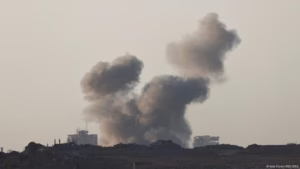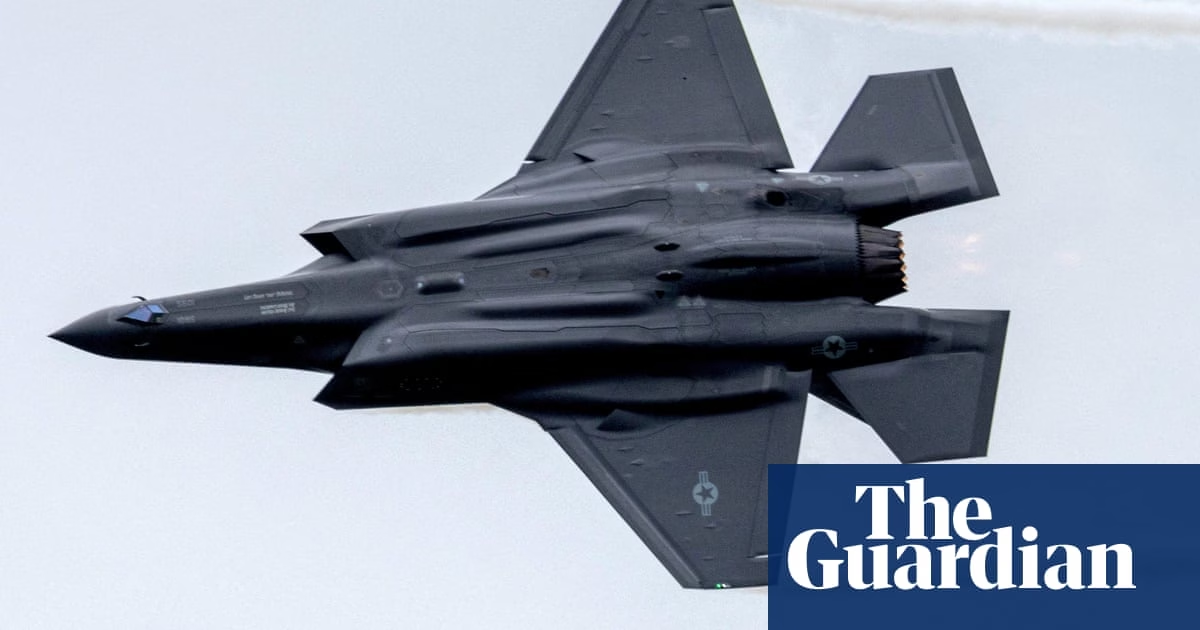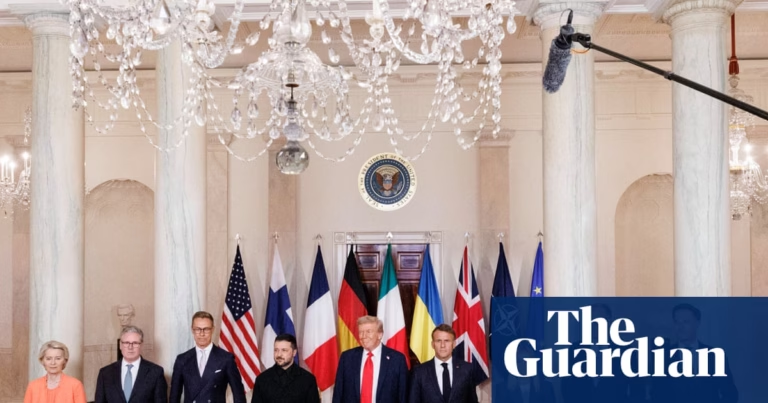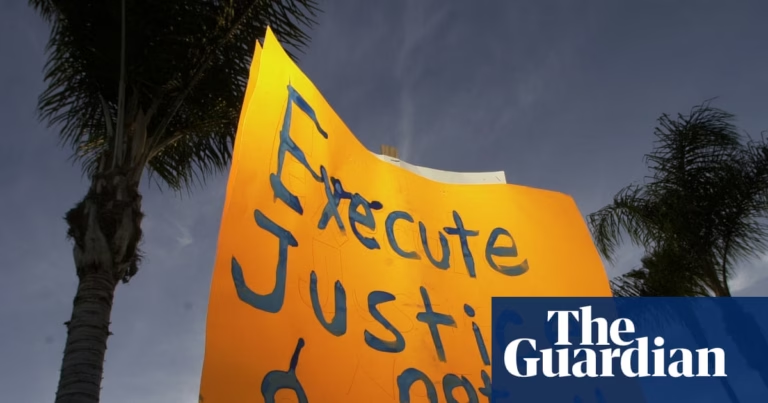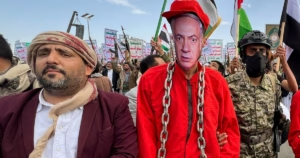<
div>
Maintaining the British involvement in the F-35 jet fighter program is prioritized over the legal requirements regarding UK arms export controls and the prevention of genocide in Israel, as argued by UK government lawyers in court. The ongoing high court case will examine whether ministers have violated the law by continuing to supply parts that might be used by Israel to attack Palestinians in Gaza.
Initiated by the Palestinian human rights group Al-Haq and backed by several British human rights organizations such as Amnesty International, Human Rights Watch, Oxfam, and the Global Legal Action Network (Glan), the four-day case is set to begin on Tuesday and has taken nearly a year to reach the court.
The court action has already made an impact; in September, the UK suspended some arms export licenses just moments before it was due to defend its stance on continued arms exports to Israel in court. The UK has stated that disrupting the F-35 supply chain could present a substantial risk to Nato’s peace and security, leading to the exception for the supply of UK F-35 components to the global pool.
According to court papers, the UK admits that supplying F-35 components for possible use in Israel breaches its own arms export control laws, which prohibit the issuance of licenses if there is a significant risk that the weapons might be used to commit a serious violation of international humanitarian law by Israel. The UK government asserts that maintaining the global F-35 supply chain is of the utmost importance, and that parts are not being supplied directly to Israel.
The UK is responsible for approximately 15% of the F-35 jet’s value, including the supply of critical components such as ejector seats and targeting lasers, mainly through British Aerospace, making the UK the second-largest supplier of spare parts for the jet, following the US.
York University barrister Jenine Walker, representing Al-Haq, asserts that it is feasible for the government to prevent British-manufactured parts from being supplied to Israel without affecting the entire global F-35 program or impacting international peace and security.
Charlotte Andrews-Briscoe, a Glan lawyer for Al-Haq, emphasizes the importance of F-35 jets to the Israeli military effort, arguing that these warplanes have caused catastrophic and ongoing harm to Palestinian populations, including support for ground troops engaging in the starvation of a severely damaged population.
Andrews-Briscoe further argues that the government’s approach to this legal case undermines the effectiveness of international law by insisting that the Geneva Conventions have no domestic application until an international court makes a decisive ruling on genocide, a process likely years away.
Sign up for the Guardian’s morning briefing to receive a daily overview of the most important news.
Yasmine Ahmed, director of Human Rights Watch, reminds us that international conventions, such as the one on genocide, emerged from the experiences of World War II, and require signatories to take all reasonable steps to prevent genocide. At the time of the partial restriction on arms exports, the UK failed to consider the risk of genocide in its decision-making process.
In September, the UK government allowed the continued supply of parts for the F-35 program. At that time, ministers were already aware of the large numbers of Palestinians killed, including children, and the displacement and destruction caused by the conflict. Defense Secretary John Healey argued that suspending the supply could affect the entire F-35 program and have significant implications for international peace and security.
Nationals of countries supporting military systems with significant roles in either UK or Nato operations, including over 1,000 F-35s currently in operation, provide parts for these military activities.
<
p class=”dcr-16w5gq9″>Decisions regarding national security, the government claims, are primarily the responsibility of the
Source: https://www.theguardian.com/uk-news/2025/may/12/uks-f-35-exports-more-important-than-stopping-genocide-lawyers-to-argue

